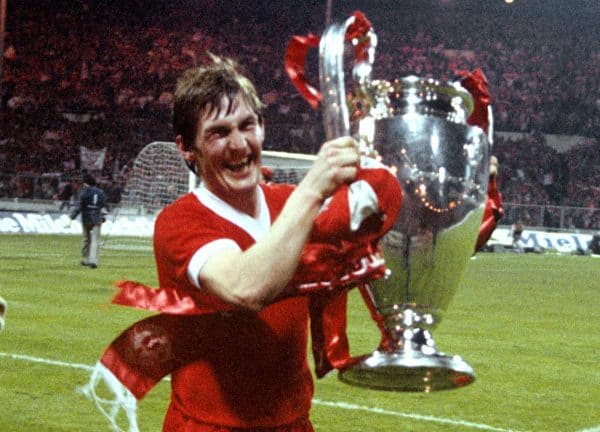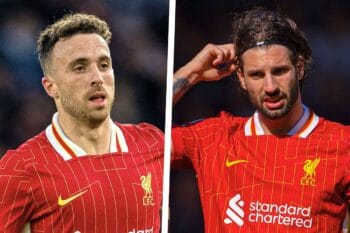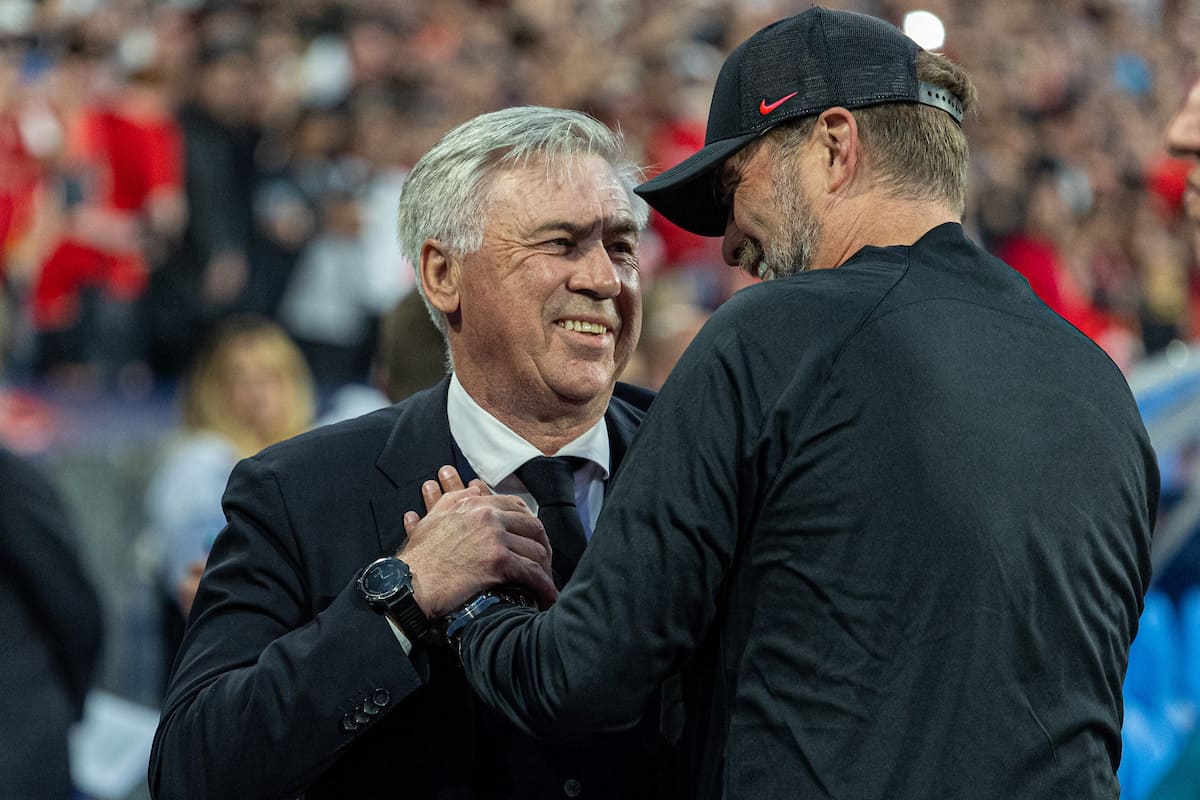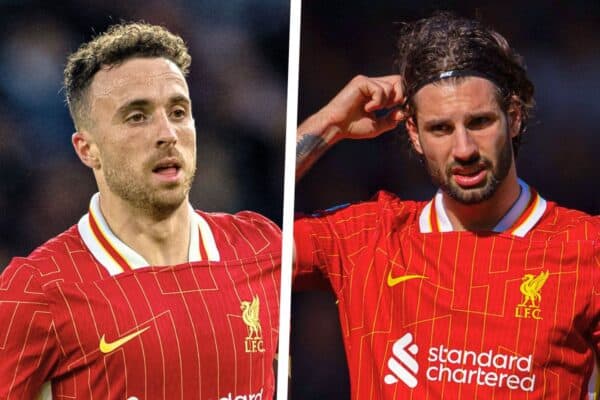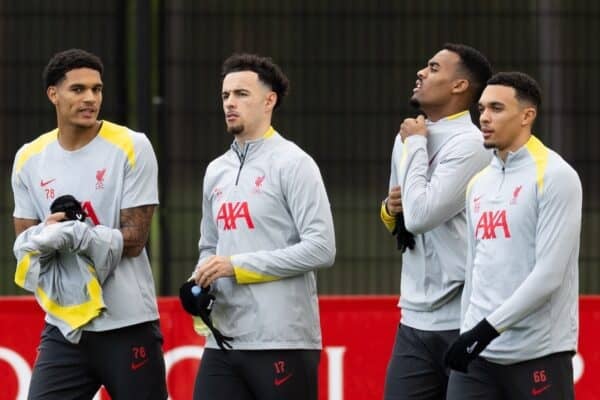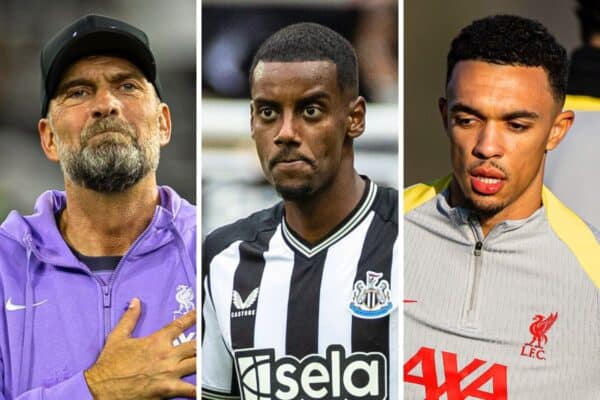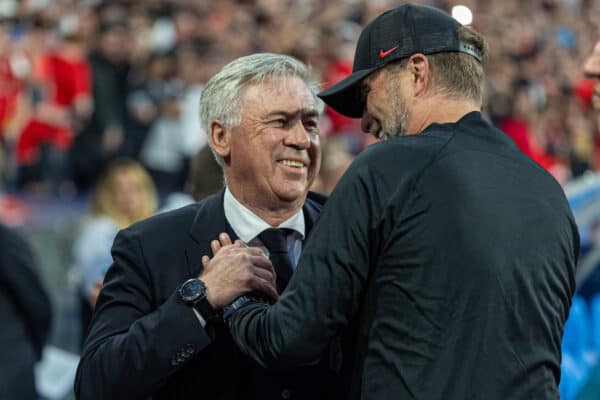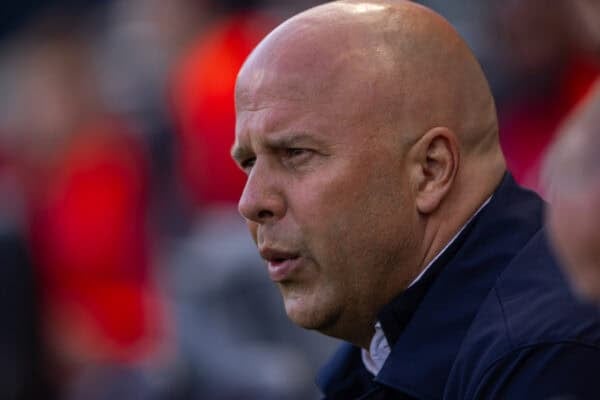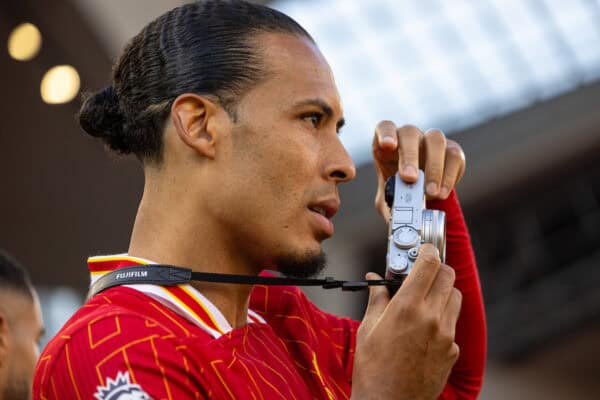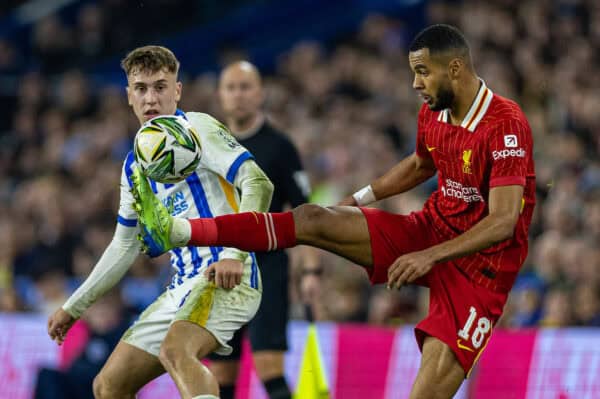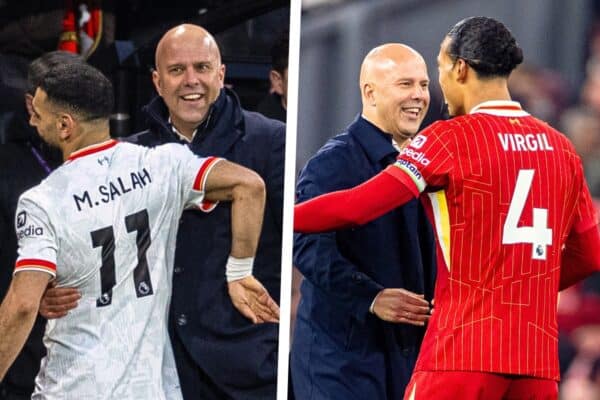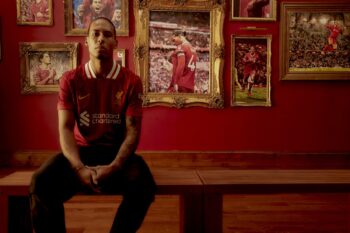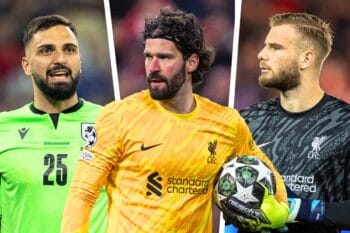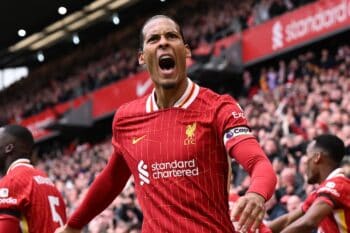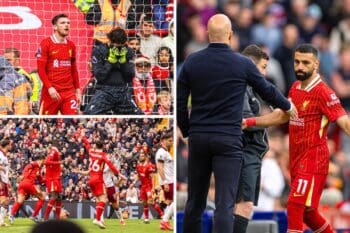Kevin Keegan’s departure left a hole that few thought could be filled, but a Scot by the name of Kenny Dalglish swiftly ascended the throne and made Liverpool’s No. 7 his own.
One of Liverpool’s pin-up boys who made the No. 7 shirt his own left Reds reeling as he announced he was to try his luck abroad during the 1976/77 season.
Liverpool’s superstar striker had given a season’s notice of his intentions at a time when it was unheard of for English players to make the move to the continent.
Keegan was not just any player, however, he was an attacking force to be reckoned with and was integral to the club’s trophy-laden spell from 1971 to 1977.
In 1971, Bill Shankly had brought Keegan to Liverpool from the Fourth Division for a fee of £35,000 after being impressed by his work rate, fitness and tenacity, describing the acquisition as “robbery with violence.”
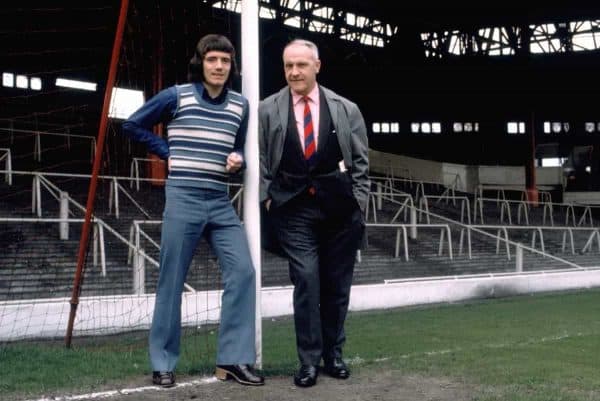
A born winner who had embedded himself into Liverpool hearts, which is why his £500,000 move to Bundesliga’s Hamburg had been met with widespread disdain and anger.
Despite his popularity dipping, Keegan’s commitment to Liverpool in 1976/77 was unwavering as he proved key in ending the long-awaited tilt at the European Cup, ensuring his 323-game career at Anfield ended on the greatest of highs.
But while Keegan would tie up his time at Anfield with the games most prestigious club honour, the Reds were facing what many had tipped to be an impossible task: replacing him.
Liverpool had been left with an empty throne, but Bob Paisley had an eye for identifying talent and his next move would lay the foundations for another era of unparalleled dominance.
Call it fate or divine intervention, but the man chosen to fill Keegan’s boots would go on to create a story of legend, and that man was Kenneth Dalglish.
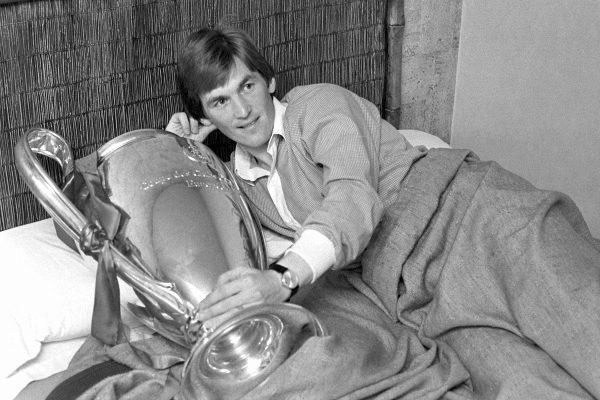
A household name at Celtic after 204 appearances, 112 goals and nine titles, Kenny would demand a British record fee of £440,000.
The deal was agreed after “secret talks” on the evening of August 9, 1977, after two weeks of intensive negotiations which ended with Paisley and chairman John Smith driving to Moffat, 30 miles outside Glasgow.
They booked into a hotel under assumed names and before the night was out, Dalglish was a Red.
“This really was the offer I could not refuse,” Dalglish said before he had left Glasgow for Anfield.
“There was no way I could turn down such a fabulous offer although I am very sad to be leaving Celtic. But I am happy to be going to such a great club as Liverpool.”
His move had shocked many, including Shankly, who was left in disbelief that Celtic had allowed their star player to move on:
“I would have moved heaven and earth to keep him. I would rather have quit and got out of the game altogether than sold a player of his brilliance.”
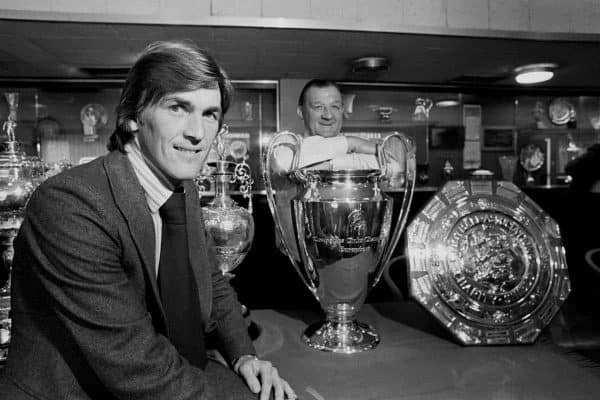
If few knew the quality of player Liverpool had acquired, they did by now after both Paisley and Shankly rang in the endorsements.
And they needn’t wait long for a glimpse of what was on the horizon, as a debut in the FA Charity Shield at Wembley against Man United, which saw the spoils shared, was followed up by a goal on his league debut at Middlesborough a week later.
His Anfield bow and introduction to the home faithful followed against Newcastle United, and in Kenny’s words:
“My Anfield debut came against Newcastle, who counted Tommy Craig, amongst their number. I had grown up with Wee Tam, playing Glasgow Schools, Scottish Schools and Scottish Youth with him.
“Before kick-off, I found Tam looking up at the sign that declares ‘This Is Anfield’. ‘How are you?’, he asked.
“‘I’m all right, I think’, I told Tam, ‘but you see that sign there? It’s supposed to frighten the opposition. I’m terrified by it and it’s my home ground.’
“Fortunately the game worked out well…The goal was at the Kop end and I nearly finished up in amongst them.
“Their appreciation was magnificent. It really touched me. That was the start of the relationship between the Kop and me. It was a special relationship, hard to articulate how strong the bond was. We would share great success in England and Europe.”
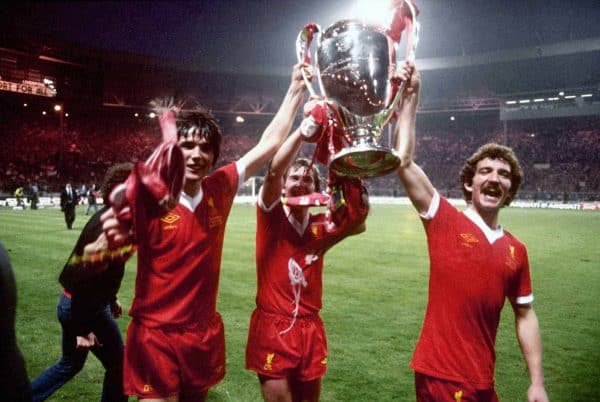
It was a rollercoaster first season at Liverpool, as Brian Clough’s Nottingham Forest would finish atop of the league table after having already inflicted defeat on the Reds in the League Cup final.
Kenny would score in the 6-0 thumping of Kevin Keegan’s Hamburg in the European Super Cup final, but his greatest night was yet to come as he scored the winner against Club Brugge at Wembley to clinch Liverpool’s second successive European Cup.
There was a new king in town, one who was blessed with expert vision, movement, a simply delightful goal celebration and selflessness which instantly endeared him to all those around him.
Kenny would play for Liverpool for 13 illustrious years, netting 172 goals in 515 appearances as he helped guide the Reds to six league titles, three European Cups, four League Cups and an FA Cup.
Two stints in the manager’s position would further cement his status as a Liverpool legend, one which has physically manifested to having the Centenary Stand officially renamed in his honour.
Kenny Dalglish: A king among men.
